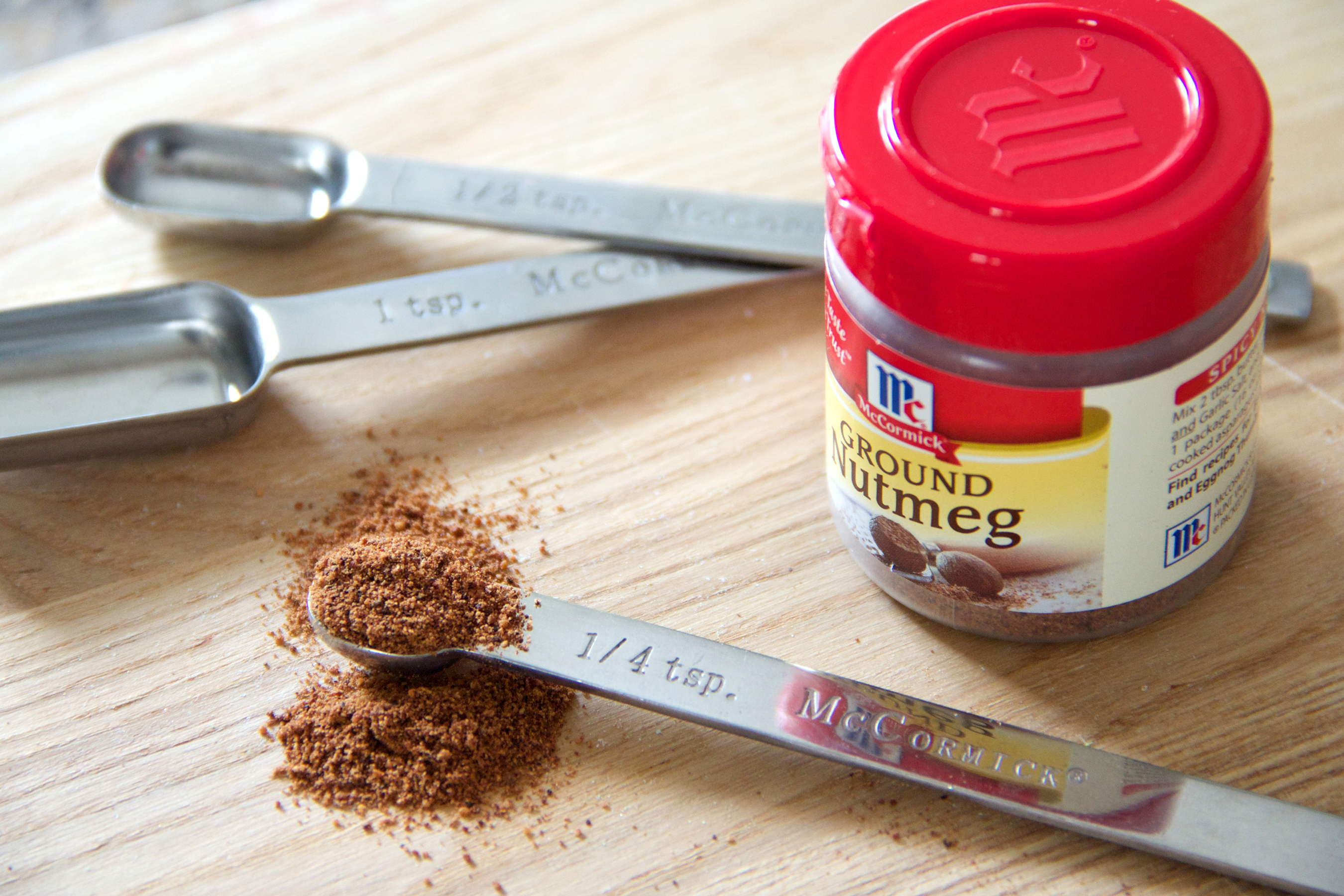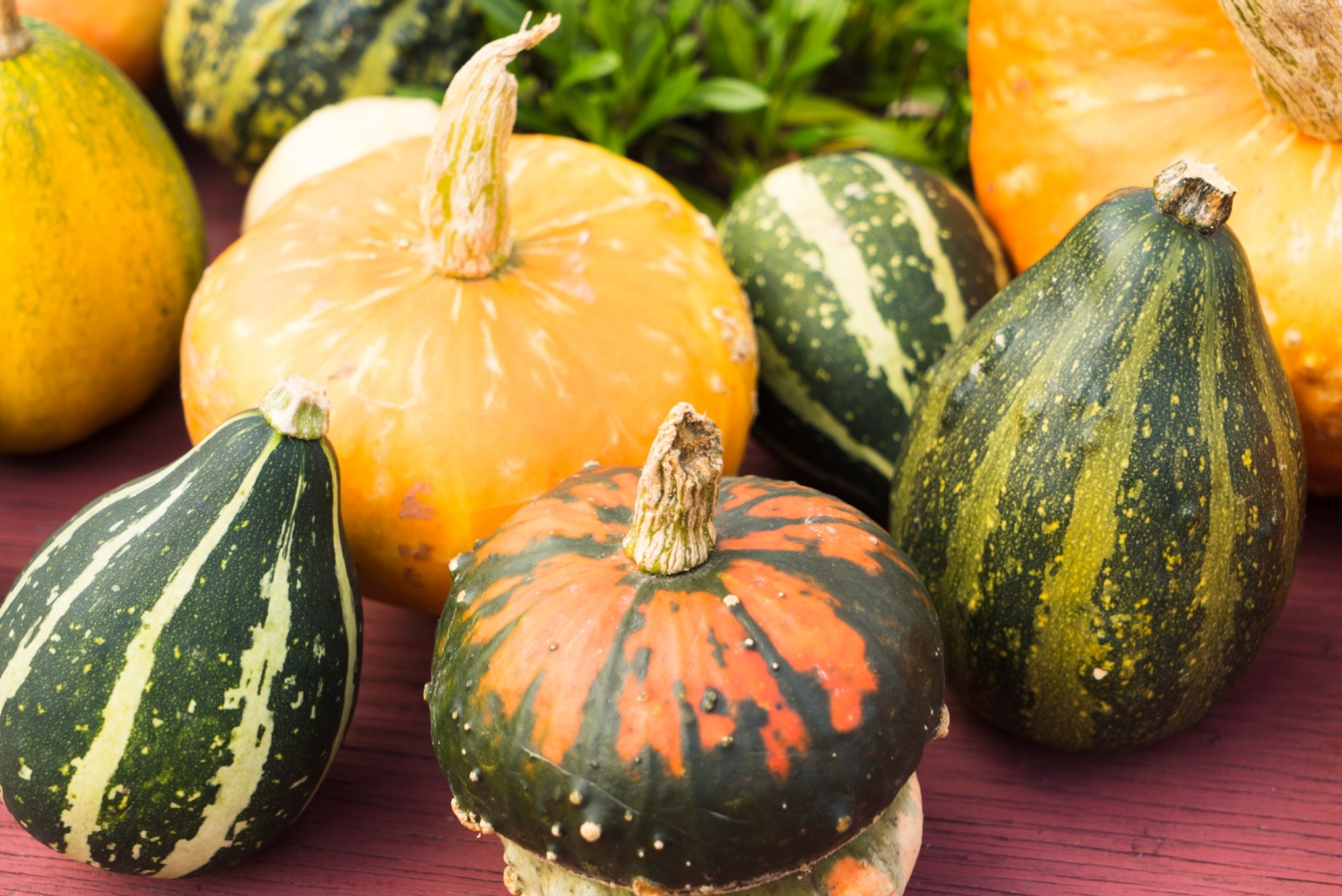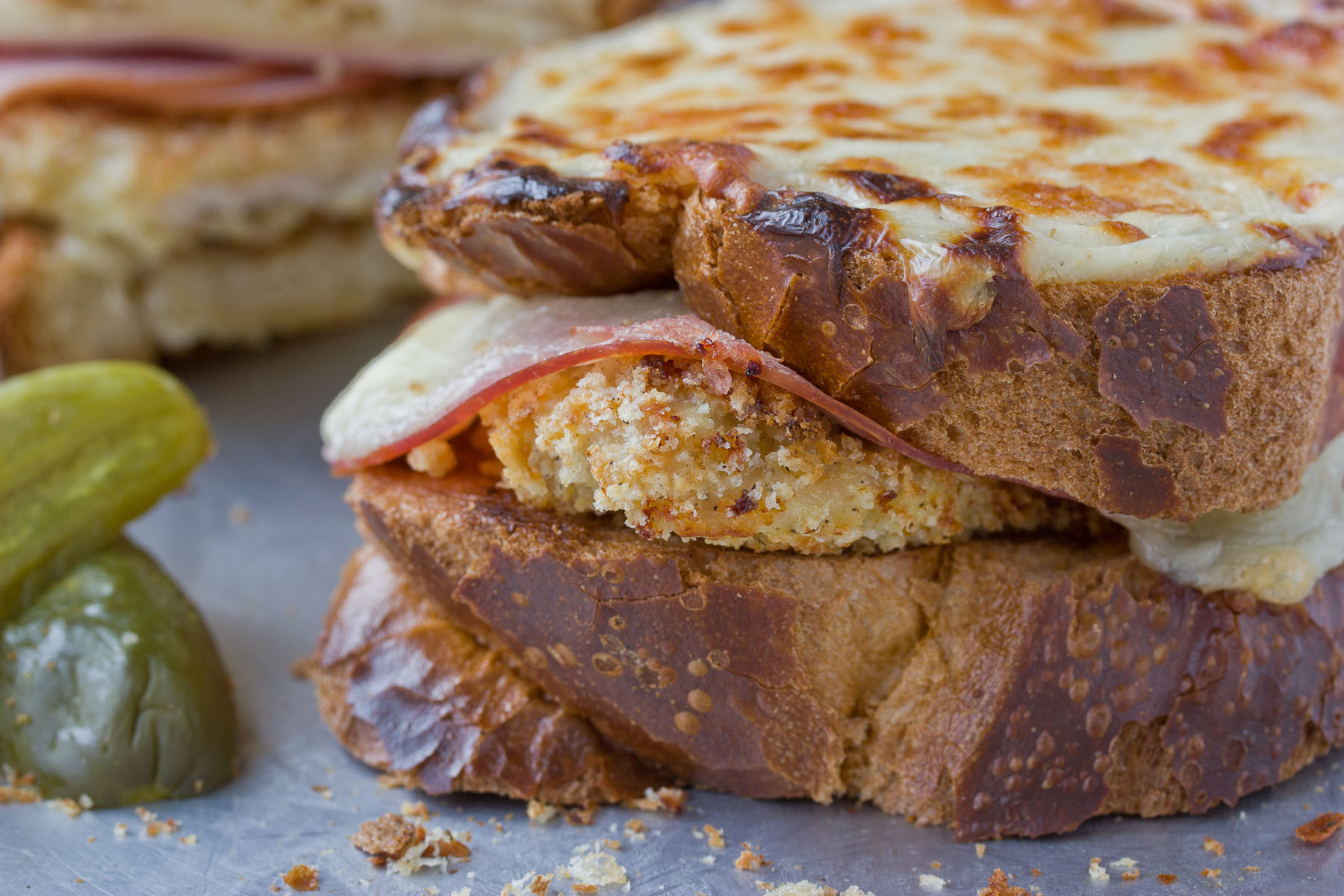When we’re planning weeknight meals, we want something easy—the less time spent fretting over the stove, the better. And in this week’s episode of Ludo à la Maison, Ludo Lefebvre presents the perfect candidate. Enter his Niçoise Pasta, which is ready in 10 minutes and delivers a comforting, creamy dish with minimal legwork. You don’t have to cook the sauce; the entire recipe has just three steps. While the name might suggest tuna like you’d find in Niçoise salad, this lesser known South of France dish actually uses basil as its main ingredient, pairing it with heavy cream, garlic, and seasonings for the sauce. It’s beautifully simple, and a huge hit with his customers at Petit Trois. Tempted? Check out his step-by-step guide to making it below.
Prep the garlic
Lefebvre quickly peels the garlic cloves and makes sure to take out the germ (aka, the little green thing in the middle) because it’s very bitter.
Add it all to the food processor
Once the garlic is ready, Lefebvre adds it into the food processor with heavy cream and lots of fresh basil—which he says is popular in the South of France, hence “Nicoise Pasta”—and some salt. Then, you puree it all together to create the basil cream.
Aim for al dente
Lefebvre boils salted water for the pasta on an induction burner, which heats up quickly. Then, after making sure the pasta is submerged, he cooks it until it’s al dente—but not too al dente, he notes.
Save some pasta water
Make sure to set aside a little bit of pasta water for the cream sauce when you're draining the pasta, as it has a lot of flavor. Lefebvre brings that water to a boil, and then adds in the basil and cream mixture before bringing everything to a boil once more.
Coat the pasta
Lefebvre reduces the sauce a little bit, and then dumps in the cooked pasta. With a pinch of black pepper, he tosses the pasta, making sure to evenly coat it in the sauce so you get creamy basil flavor with every bite.
The finishing touch
After plating the pasta, Lefebvre uses a microplane grater to add some Parmesan cheese on top, and also drizzles on some olive oil. The end result is tasty and incredibly simple—sometimes simple is good, he notes, so why be complicated?
Get the recipe here.
This article was written by Bridget Hallinan from Food & Wine and was legally licensed through the NewsCred publisher network. Please direct all licensing questions to legal@newscred.com.








